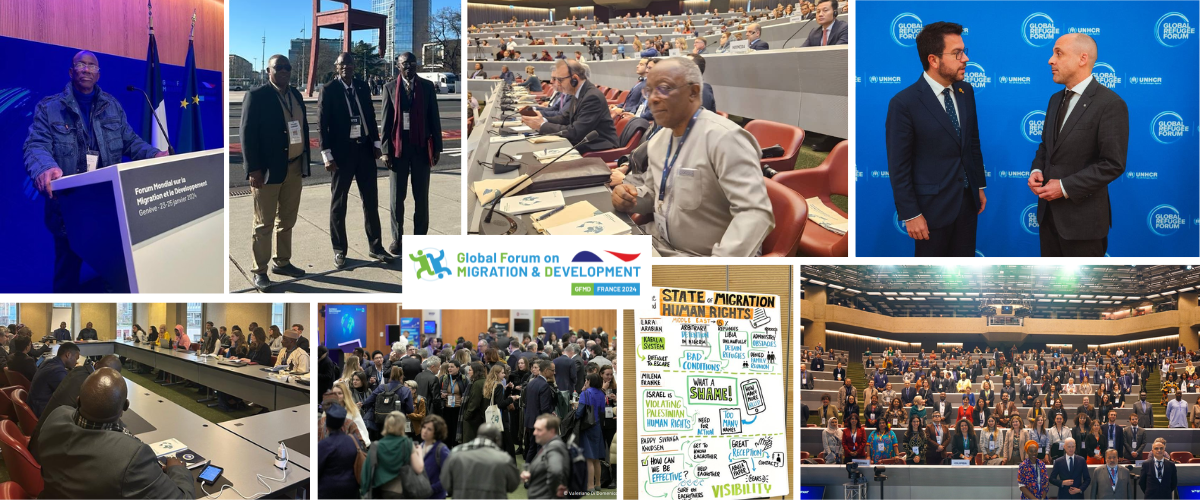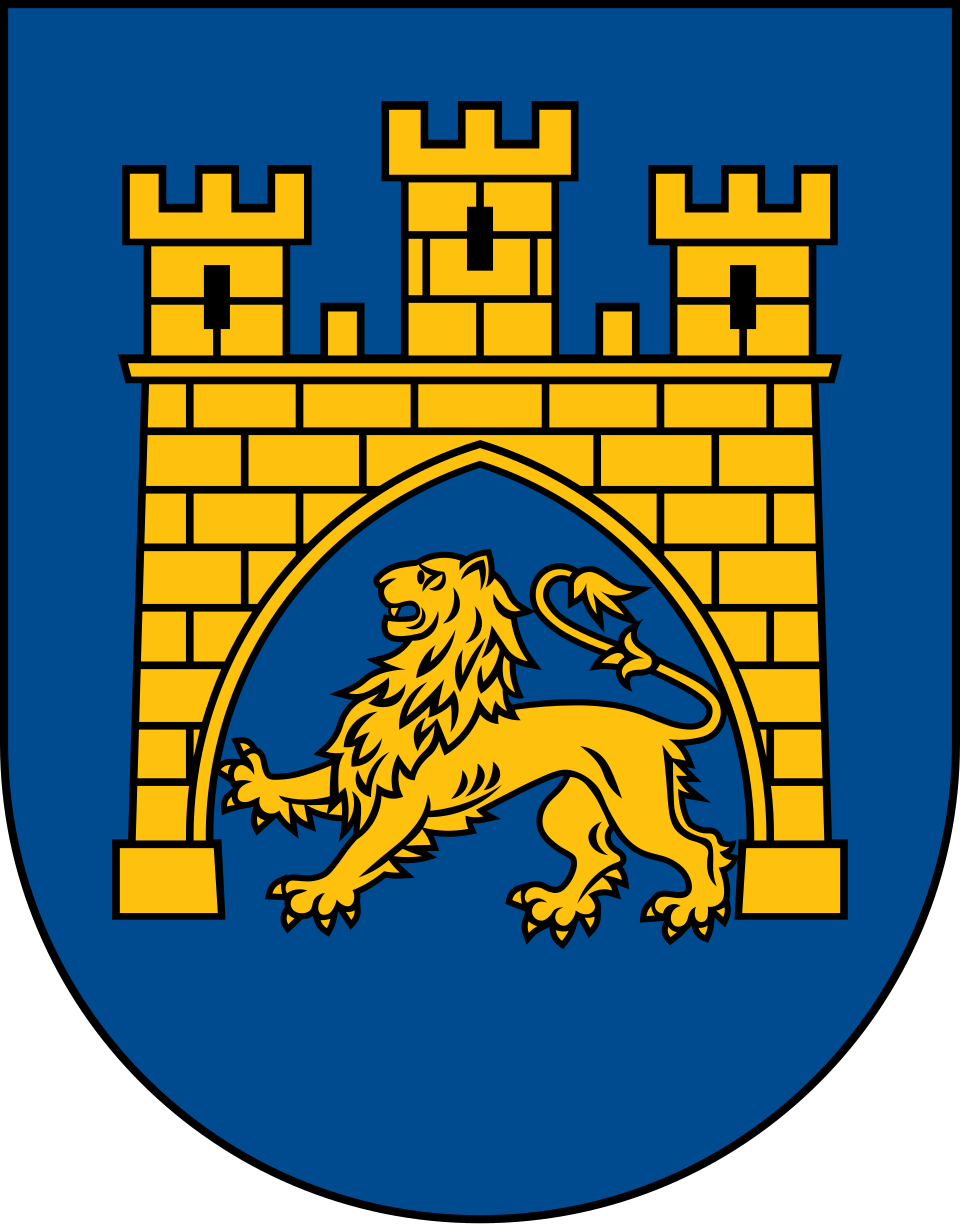We make our voice heard in the global debate on refugees and immigration

At the Palexpo in Geneva (Switzerland) the voice of ORU Fogar was heard both on December 14 during the “Global Forum on Refugees” and on January 24 and 25 at the “World Forum on Immigration and Development”. In both cases, the aim was to show, in these United Nations events, that regional governments have a fundamental role if the territories are to be efficient in managing the flows of refugees and immigrants. At the first event, ORU Fogar was represented by the president of Catalonia, Pere Aragonés. Present at the Immigration Forum were the president of the Association of Mali Regions and president of the Mopti Region, Abdoulaye Maiga, and the president of the Western Cameroonian region, Jules Hilaire Focka.
The president of the Generalitat, Pere Aragonès, vindicated the role of sub-state governments in migration policies, stating that they cannot limit themselves to being "pure managers." In a speech at the forum organized by UNHCR (United Nations High Commissioner for Refugees), the Catalan president lamented the “lack of more tools” of territorial governments to address the reception of refugees and also in migration policies. “It is not just about responding to an emergency and starting a reception process, thinking about the complete development of the individual. It is also about having decision-making capacity –or codecision– regarding the reception of refugees or immigrants.”
If this was the voice of the north, that of the south came from Mali and Cameroon, lands that sent emigrants and also a place of passage to Europe. Abdoulaye Maiga, representing the regions of Mali, defended “endogenous” solutions to the immigration problem. “The solution to this situation is not in Europe. The solution to this problem is in Africa. “For young people to remain in their respective countries –he explained– they only want two things: vocational training and employment. “We believe that African regional governments can play a fundamental role.” He was in favor of creating synergies between civil society, companies, young people and all levels of government.
Jules Hilaire Focka, president of the Western Region of Cameroon, wanted to explain in Geneva the situation that a region like his is experiencing when it becomes a transit territory for immigration. "There is -he explained- economic impact, pressure on infrastructure and services, but there is also a great social impact, as well as security issues." To address the problem of this human transit, the Cameroonian president was in favor of having a good level of collaboration between the public and private spheres. Above all, he demanded, however, greater attention and collaboration from the international community.










































































